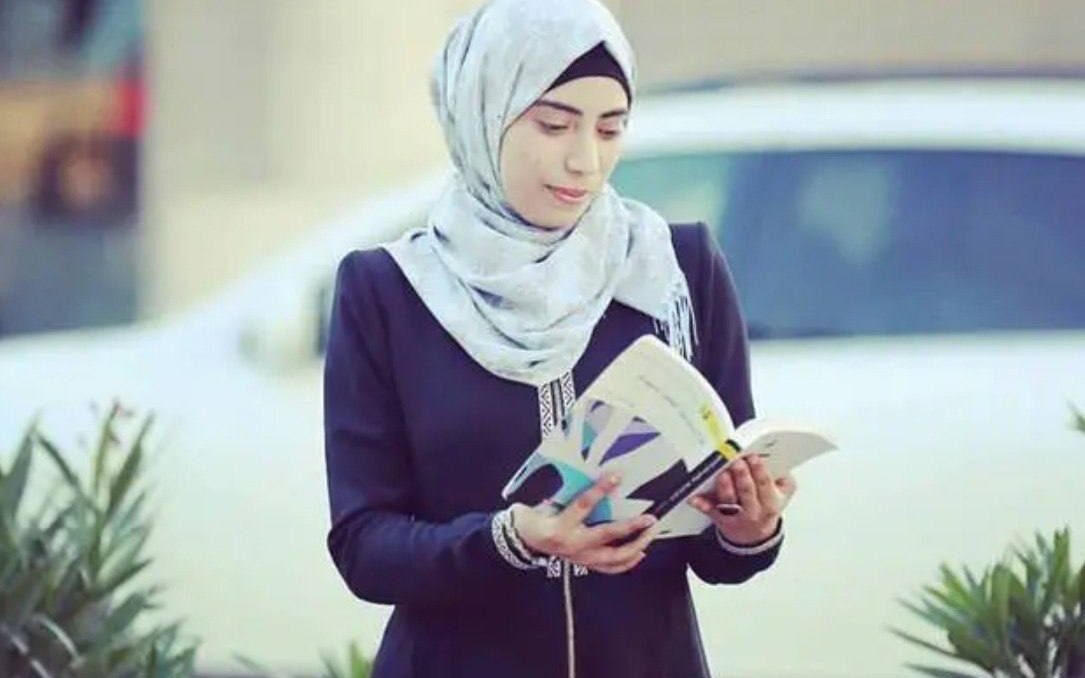Poem by João Melo

Note from the Editorial Collective
Hiba Abu Nada, a Palestinian novelist and poet, and winner of the Sharjah Prize for her novel Oxygen is Not for the Dead, was killed by Israeli airstrikes at her home in Gaza on Oct. 20. She was just 32 years old. The poem below, written by Angolan poet and journalist João Melo, alerts us to the brevity and precarity of the moment, after an act of violence occurs and before the official narrative of that violence is written, how we are obliged to speak in that moment the truth and reality that we know.
Urgent: News of the Death of Hiba Abu Nada
João Melo
translated from the Portuguese by G. Holleran
Excuse my urgency, oh right-thinking beings
especially you translucent
and self-referential poets,
but one of our sisters,
the Palestinian poet Hiba Abu Nada,
has just died in Gaza under the shrapnel of a benevolent bomb,
sent by another God,
different from the one she spoke with
every day.
I hesitated to convey this fateful news
so hastily. Perhaps I should wait
for the leaden grey smoke from the bomb that killed her to dissipate,
while she, surely,
scrutinized the sky for a sliver of light and
maybe even
the last birds.
Or, more convenient yet
it’d be better to say nothing,
until today’s hegemonic oracles,
like all oracles,
circulate an official statement
denying it as usual
without any doubts
or uncomfortable questions.
But when I read
the last words of Hiba Abu Nada before she died,
I was moved to spread this news,
before her banner could be censored
by those who defend selective liberty:
“If we die, know that we are content and steadfast,
and convey on our behalf that we are people of truth!”
João Melo, born in 1955 in Luanda, Angola, is an author, journalist, and communication consultant. He is a founder of the Angolan Writer’s Association, and of the Angolan Academy of Literature and Social Sciences. His works include poetry, short stories, articles, and essays and have been published in Angola, Portugal, Brazil, Italy, Cuba, the United Kingdom, and the United States. His writings have been translated into English, French, German, Arabic, and Chinese. He was awarded the 2009 Angola Arts and Culture National Prize in the literature category.
Grace Holleran is a writer, translator, and member of Barricade‘s editorial collective.
Get Involved
To read Barricade’s statement in solidarity with Palestine in response to the last escalation by Israel in 2021, click here.
For updates on local actions and demonstrations, we recommend checking the social media of local Palestinian advocacy organizations. For on-the-ground coverage in Gaza, we recommend Middle East Eye, Jewish Voice for Peace, and Motaz Azaiza. A list of other Instagram accounts can be found in the caption of this post. While social media gives visibility to the immediacy of the conditions in Gaza not shown in mainstream media, these accounts are also subject to censorship by Meta, so watch this space for updated links.
Some useful resources for education on Palestine’s history are Jadaliyya’s comprehensive reading list from 2021 and their currently-running Gaza Teach-in series (which can be accessed here along with other recent posts on Palestine), and Decolonize Palestine.
Country of Words is a rich resource for Palestinian literature, a re-mapping of Palestine’s literary history from a global perspective.
If you have the resources, consider donating to the Palestine Children’s Relief Fund, Medical Aid for Palestine’s urgent appeal, and Pal Legal (which gives protections to those losing their livelihoods for speaking out).
We urge readers in the United States to call and write their Congress representatives and demand they stand for a ceasefire.

